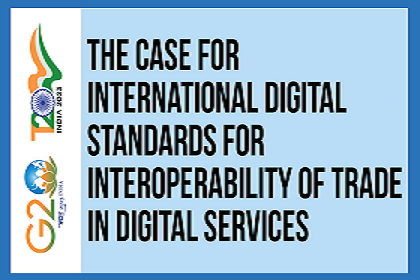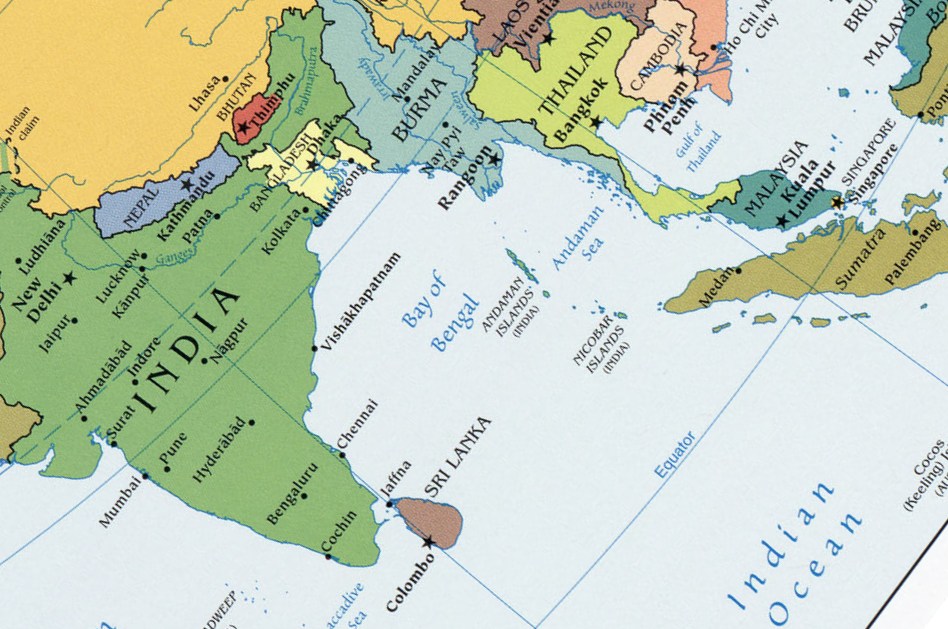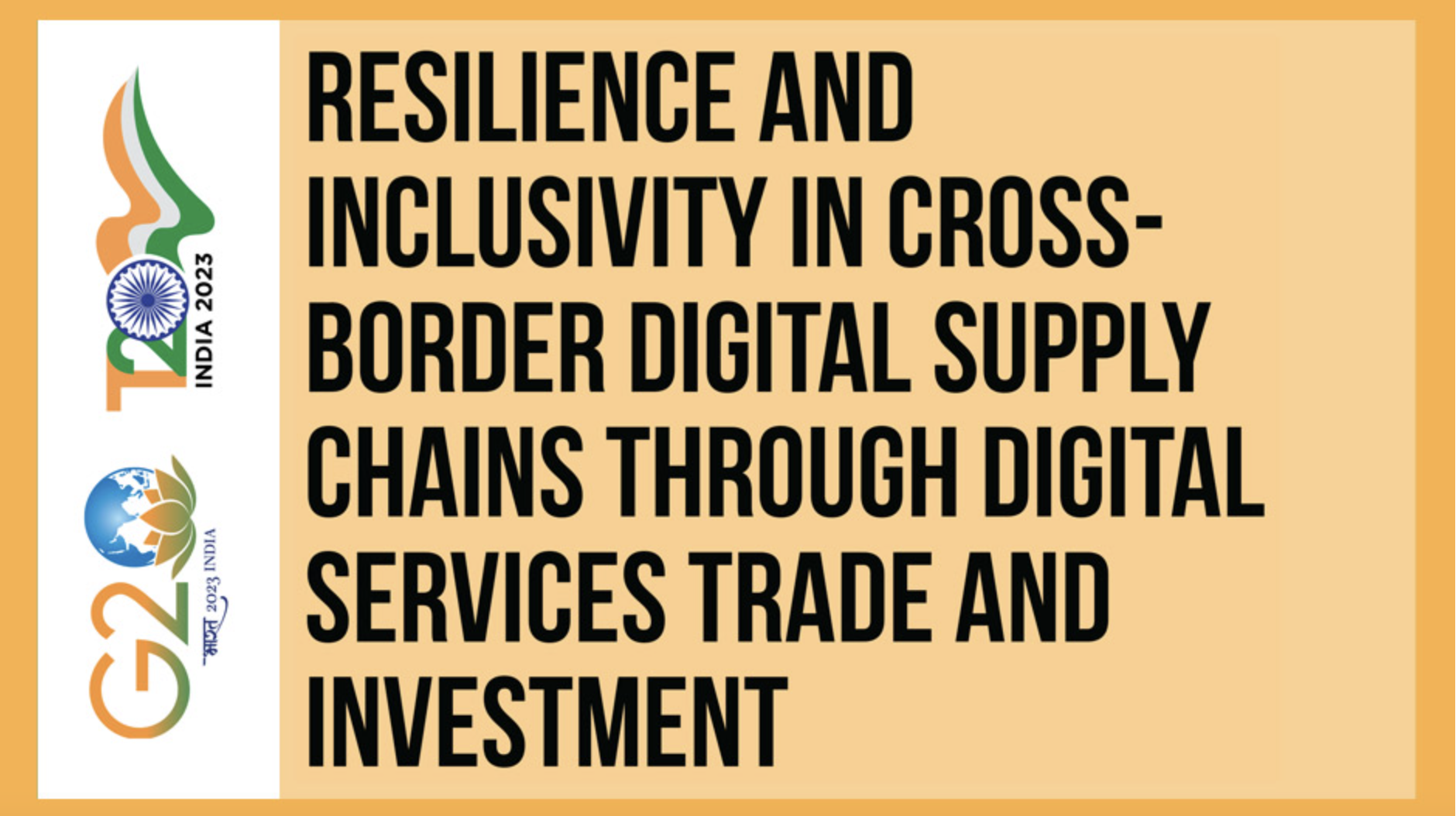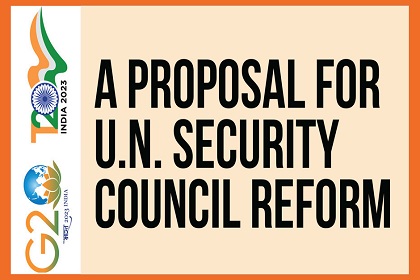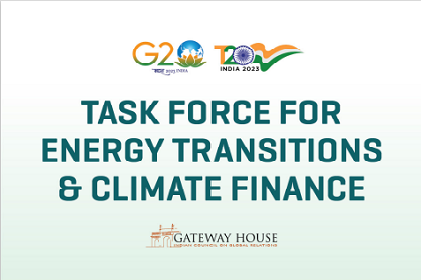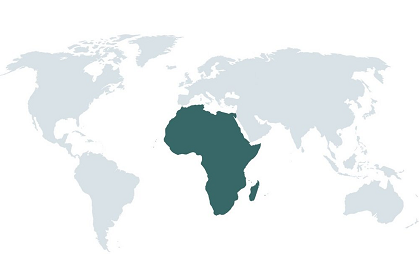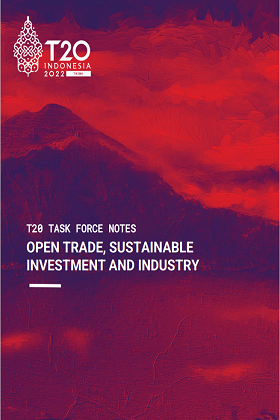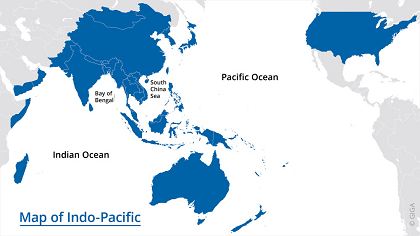International Digital Standards
Trade in digital services is a growing part of the global economy, but it is hampered by divergent national standards on privacy, cybersecurity, and other issues. This Policy Brief makes recommendations for the G20 to play a leading role in promoting international standards for digital trade, supporting multilateral efforts, and building capacity in developing countries.

